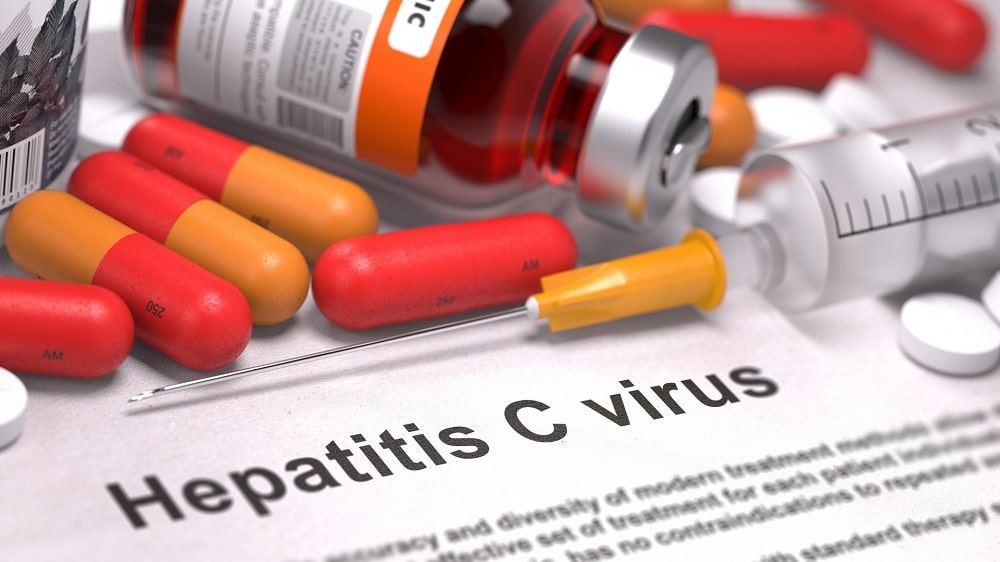
Patients with hepatitis in Punjab wait for medical supplies
Patients in Lahore, Punjab who have registered with the Hepatitis Control Programme are awaiting the end of the medication cycle.
Details indicate that due to a shortage of medications at the clinics set up throughout Punjab, the lives of the patients registered with the Hepatitis Control Programme in Punjab are in danger.
According to Dr. Abid Ghauri, the manager of the Hepatitis Control Program, the health department did not bring the medications because of their extremely high price.
He said that a new tender for the purchase of medicine had been launched, and he hoped that by October 15, the supply would be replenished.
Sardar Masood Khan, Pakistan’s ambassador to the US, stated that Islamabad is unwavering in its commitment to resolving the hepatitis crisis and meeting the World Health Organization’s global elimination targets by 2030.
Patients with hepatitis in Punjab wait for medical supplies
At the United Nations Group of Friends to Eliminate Hepatitis’ second annual meeting, which was held in conjunction with UNGA78, Ambassador Masood Khan spoke on behalf of Pakistan.
Hepatitis: What is it?
Hepatitis is an infection of the liver that can result in a range of health issues, some of which can be fatal. A combination of infectious and noninfectious factors causes it.
Types A, B, C, D, and E refer to the five primary strains of the hepatitis virus. They all cause liver disease, but there are key differences between them, such as how the disease is transmitted, how severe it is, where it occurs, and how it is prevented.
In particular, types B and C are the most common causes of viral hepatitis-related fatalities, liver cancer, liver cirrhosis, and chronic illness in hundreds of millions of people.
The health department did not purchase the medications because the price was too high, according to Dr. Abid Ghauri, the manager of the hepatitis control program.
Patients with hepatitis in Punjab wait for medical supplies
He also said that a new request for bids had been made for the purchase of medication, and he expressed his optimism that the supply of medicine will be restored by October 15.
Earlier, Pakistan’s Envoy to the United States, Sardar Masood Khan, said that Islamabad is unwavering in its commitment to solving the problem of hepatitis and meeting the worldwide eradication objectives set by the World Health Organization by the year 2030.
At the second annual conference of the United Nations Group of Friends to Eliminate Hepatitis, which took place in conjunction with UNGA78, Pakistan’s Ambassador Masood Khan made these remarks on behalf of his nation.
Patients with hepatitis in Punjab wait for medical supplies
What exactly is hepatitis?
Hepatitis, also known as hepatitis A and hepatitis B, is an inflammation of the liver that may result from a variety of infectious viruses as well as non-infectious causes. This inflammation can cause a wide variety of health issues, some of which can be deadly.
There are five primary kinds of the hepatitis virus, which are designated by the letters A, B, C, D, and E, respectively. Although they all result in liver disease, they are distinct from one another in a number of crucial respects, including the means of transmission, the severity of the sickness, the geographic distribution, and the measures of prevention.
Specifically, types B and C are the most prevalent causes of liver cirrhosis, liver cancer, and fatalities associated with viral hepatitis, and they are responsible for the chronic condition that affects hundreds of millions of people worldwide.
Patients with hepatitis in Punjab wait for medical supplies
An agitated Jadoon said, “We already have hepatitis medicines available.” When Jadoon was questioned about patients not being able to afford medications, he responded by saying that there was money available for the different special initiatives launched by Chief Minister K-P and that the cost of medicines for patients might be changed in these. This was in response to a question regarding patients not being able to pay for medicines.
On the other hand, he admitted that there had been problems with the release of funding by the federal government, which had caused patients to have difficulties acquiring the necessary supplies. “The department is in contact with the federal government and will very soon release funds for the procurement of medicines for the patients.”



